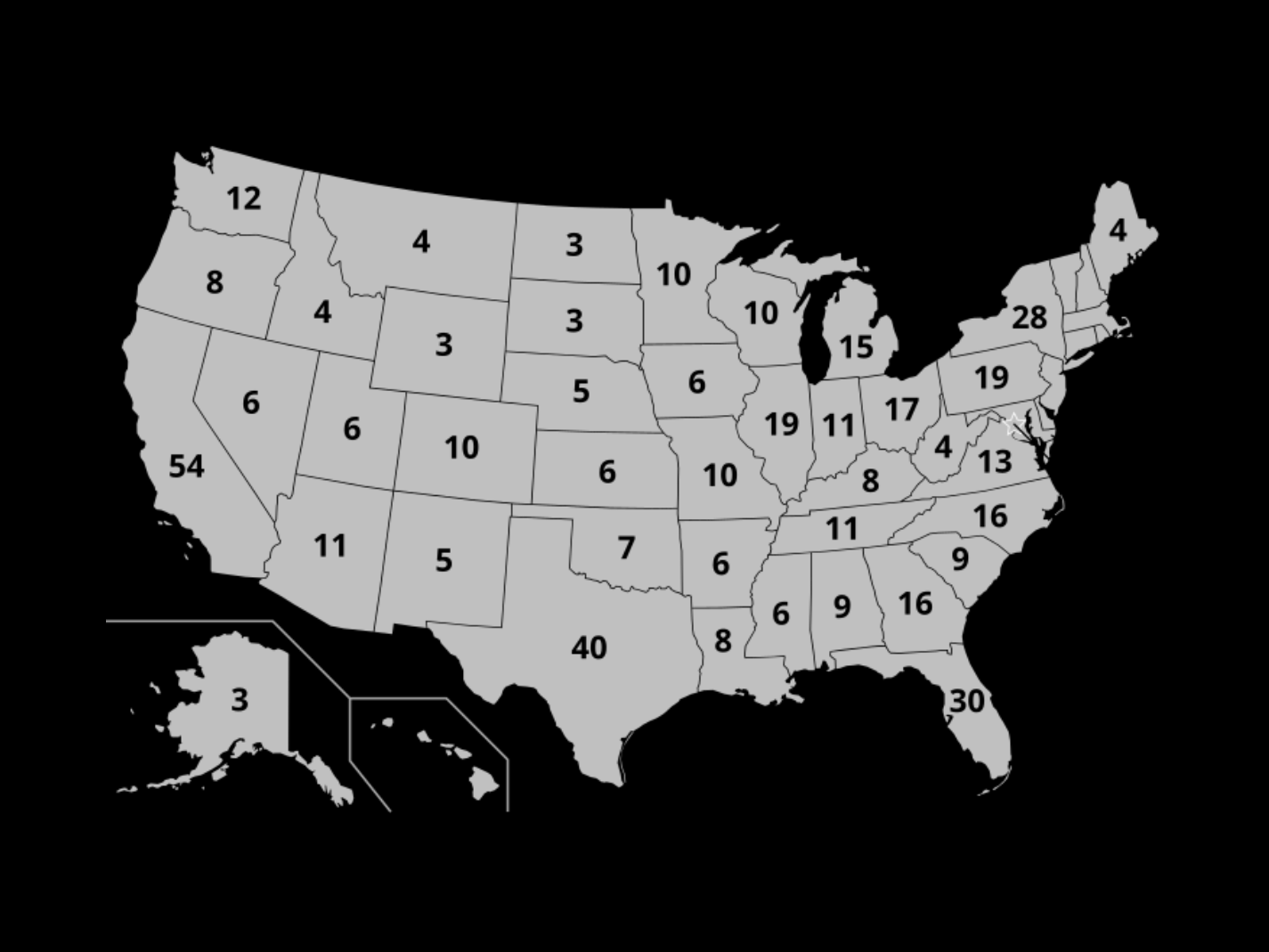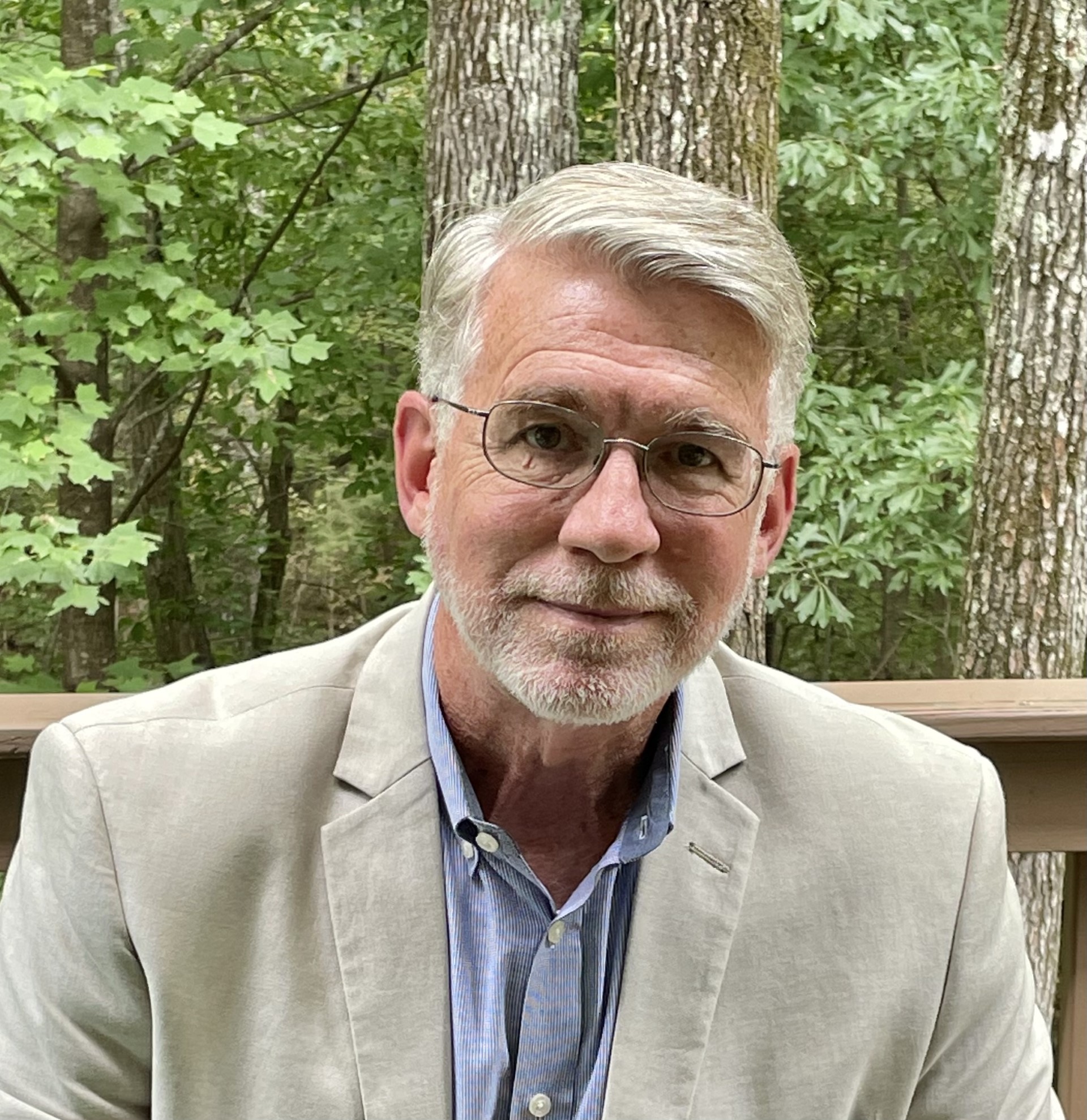
The decline of civic education in this country has led to an alarming lack of understanding among young people about how our government works.
Pair that failure with the leftwing voices in media, government, and academia constantly clamoring about “our democracy,” and it’s easy to see why so many young people today embrace potentially destructive policy positions like eliminating the Electoral College.
A recent Pew Research Center survey found that 63 percent of Americans would prefer to see the Electoral College go the way of the dodo. Among young people, that number could be much higher—as high as 80 percent, according to the Edward M. Kennedy Institute, which recently hosted a program in which middle and high school students were invited to debate the issue. Among the comments from participants:
“The electoral college is making the power of the people less effective. Presidents are winning power without the support of the people”
“I’m pro removing the electoral college. I feel like the electoral college is unfair and the popular vote is better, because with the popular vote, it brings us back to a democracy. The electoral college does not represent that as well. In a popular vote, it focuses more on the people than on the states.”
What these students clearly fail to understand—no doubt because they’ve been told otherwise all their lives—is that we do not live in a democracy; at the very least, we don’t live in a direct democracy. The United States is a representative republic incorporating democratic elements, particularly at the state and local levels.
The left has tried to cast this observation as some sort of right-wing conspiracy theory, but it is merely an acknowledgment of reality. The truth is obvious in the fact that, at the national level, we rarely get to vote directly on the laws, regulations, and policies that govern our actions. Instead, we vote for people, known as representatives, who then vote on those laws, regulations, and policies—except when they’re made by unelected bureaucrats, but that’s another issue.
A pure or direct democracy would allow every eligible citizen to vote on every issue. That is not the system the framers of the Consitution gave us, in part, because they understood that, in a country this large and geographically diverse, such a system would be unworkable. Even if it were desirable, it would be impossible to carry out in practice.
But the framers also didn’t believe such a system was desirable. Indeed, they explicitly rejected the idea of direct democracy. James Madison, in the Federalist Papers No. 10, railed against the propensity of democracy to create “factions” by which the majority could force its will unfairly on the minority. And when asked after the Constitutional Convention of 1787 what the delegates had created, Benjamin Franklin famously replied, “A republic, if you can keep it.”
Simply put, the system the Framers bequeathed to us, known as federalism, has one main goal: to protect the rights of the minority. Pure democracy does not do that; it truly is, as the old saying goes, two wolves and a sheep voting on what’s for dinner. Only a republic—democracy at one remove—can accomplish that, as our elected representatives must compete, negotiate, and often compromise with each other to get anything done.
A key component of our federal system is the Electoral College, which exists solely to shield the minority from a tyranny of the majority—that is, to prevent people in the larger states from simply running roughshod over those in the smaller states. It’s true that the larger states have more representation than the smaller states in the Electoral College, just as they do in Congress. But this advantage might not be enough to completely or indefinitely shove their will down the rest of our throats. That is very much by design.
Consider that in the 2016 presidential election Hilary Clinton took the popular vote by nearly 3 million—all of which can be accounted for by one state: California, which she won by 3.5 million. If we had gone with the popular vote winner in that election, one extremely left-leaning state would have decided the outcome for the entire country—and the result, over time, would have been to make the rest of the country more like California.
To those young people pushing to eliminate the Electoral College, I would say this: If you want to live in California, go ahead. No one is stopping you. It’s still a free country despite your best efforts.
But the majority of us don’t want to live in California, with its ruinously high taxes, surging crime rate, and insane laws regarding child molestation and transitioning kids. Nor do we want our cities and states to look like California. And right now, federalism is the only thing preventing that fate—which enables California’s lunacy—as embodied by the Electoral College.
Follow Rob Jenkins on X.
Map of the Electoral College for the 2024 United States presidential election on Wikimedia Commons

Great column, which echos my own thought:
Match Play Politics
https://jdbreen.substack.com/p/match-play-politics